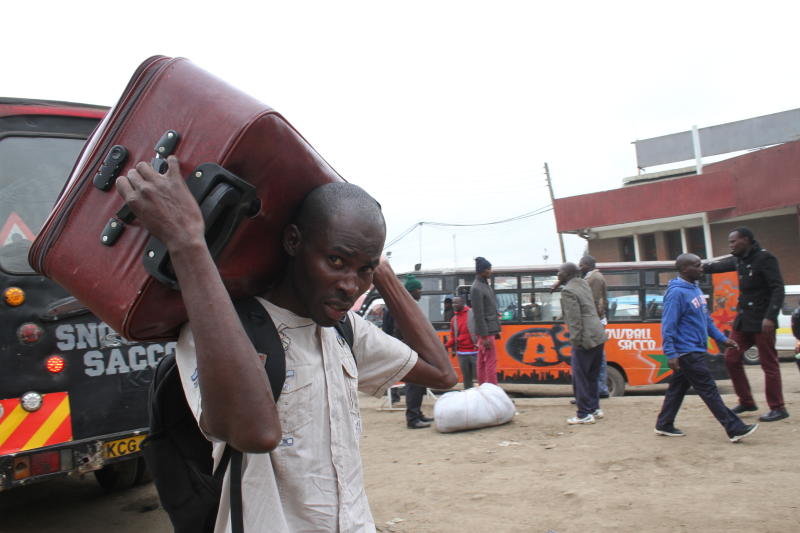×
The Standard e-Paper
Stay Informed, Even Offline

Not everyone has a slush fund to finance festivities, but this is not to say that even with little resources one cannot have their family enjoy in the merrymaking.
Necessity being the mother of invention, some have come up with their convenient financial management tricks to beat the inflation nightmare.